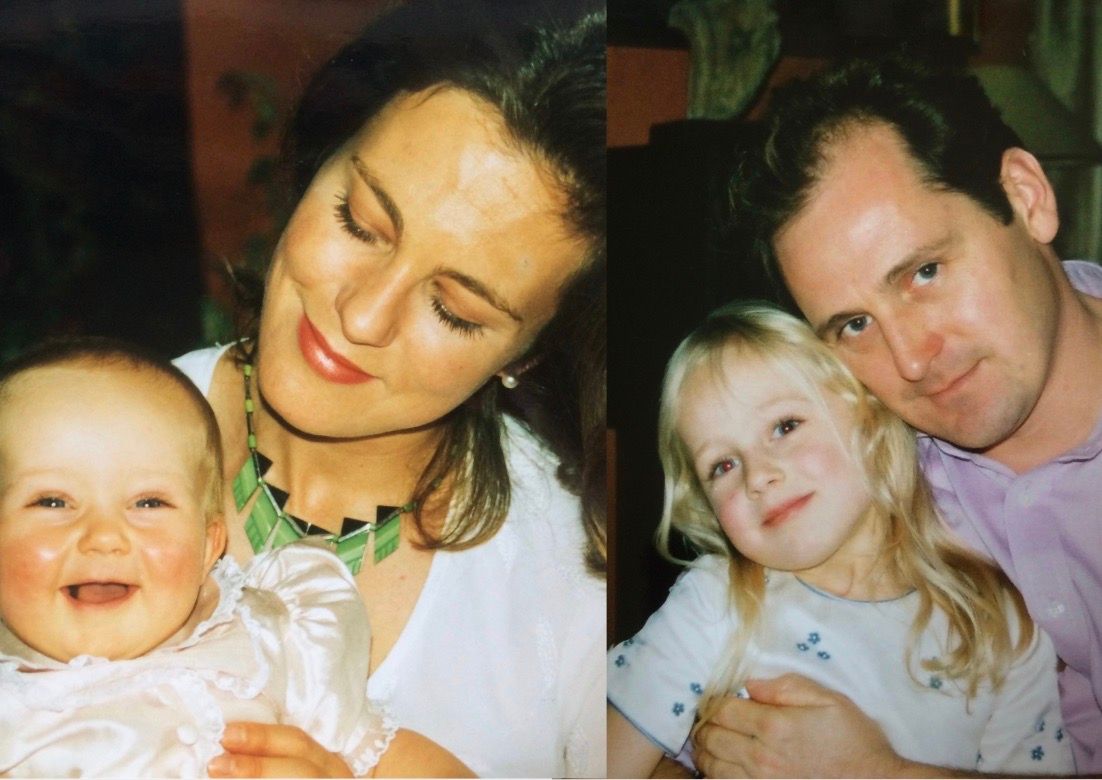By Richard Daniel and Francesca Carter, University of Bristol Alumnae
The Croft Magazine // The focus for this EDAW was on securing more support for those affected by eating disorders other than just the sufferer; families, partners and friends are all affected. To give an insider’s view into how it feels for an eating disorder to enter the life of someone you love, and therefore your lives too, Richard and Francesca Daniel (University of Bristol Alumnae), detail their experience of living alongside their daughters eating disorder. Their daughter, Ileana, is now a 4th year Bristol student, and is campaigning with Beat This Together this week.
Content warning: this article contains discussions which some readers may find upsetting.
Discovering that your daughter has an eating disorder is a bit like having an impostor in your own home. Your child, who you love dearly, becomes distant, difficult, evasive, argumentative, defensive, and debilitated by the illness. Family mealtimes become a time of dread.
The eating disorder takes over all the other family relationships and makes your home a place of tension rather than one of comfort. You feel hopeless. However much reading you do, you can’t truly understand what it is that has taken control of your child’s life and, because the illness has so much stigma attached to it, it’s not something you want to talk about, even with good friends.


When you try to help you never say the right thing. You are made to feel like an imbecile who doesn’t have a clue. How can you understand if you’re not the one experiencing it? Why can’t your child eat like everyone else and pursue her dreams? It is like a glass wall has been built between you and your child, making it impossible to reach out and help her and so all you can do is watch her slowly destroy herself.
You feel anger too. Anger that this mental illness is blighting your child’s life, her relationships and the hopes you had for her.
You feel you have failed your child as a parent. You keep asking yourself what it is that you did wrong. How are you to blame? What could you have done differently? How did you miss the signs? You feel anger too. Anger that this mental illness is blighting your child’s life, her relationships and the hopes you had for her.
Our daughter has suffered with her eating disorder since she was nine years old but it was only diagnosed when she was 17. By then it was such an intricate part of her psyche it was almost impossible to get her to accept that she needed help.
Would recovery have been easier if we had noticed the signs when she was nine? Yes, probably. When she finally did seek help it took over 11 months to be offered but it was too late if she was to continue and manage her university year abroad.
We resorted to getting her private therapy to give her the immediate help she desperately needed. Since then improvement has been slow and intermittent. When there is progress your pride in her is huge and your hope returns. You know there will be false dawns. When you become able to talk together openly about the eating disorder you know the illness hasn’t won and there’s everything to fight for.
Featured: Gregory Crewdson, Untitled (Girl in Window) from Twilight, 1999
Find The Croft Magazine inside every copy of Epigram Newspaper.







